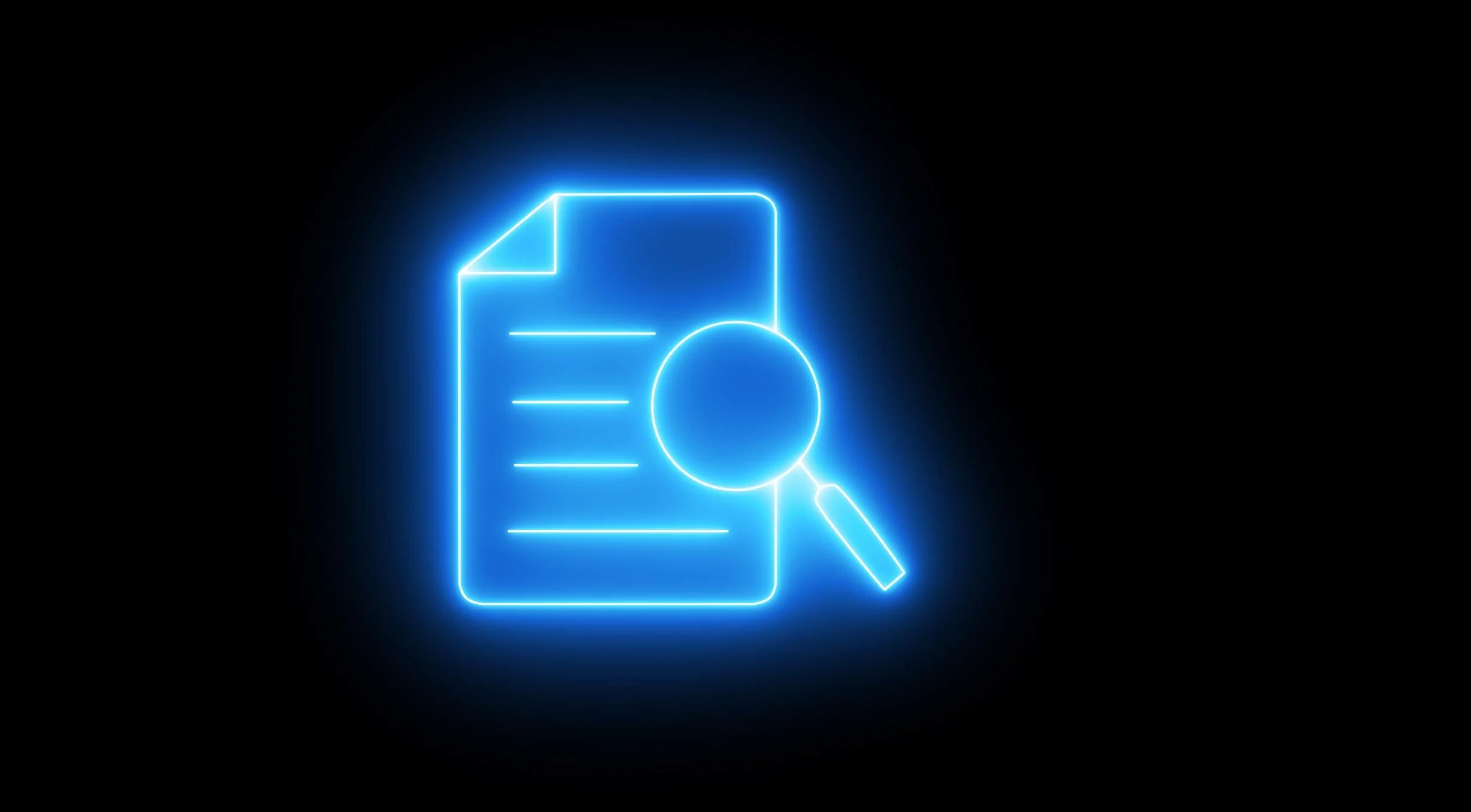
Implementing a Payment System
Understanding Your Payment Needs
Selecting the right POS terminal begins with a thorough understanding of your payment needs. A modern POS software checkout terminal is designed for ease of use to prevent long queues and can be customised for fast access to frequently used functions like discounts, returns, and refunds. Integrating the payment processing feature directly into a POS terminal can streamline transactions and improve overall efficiency.
Your specific business requirements determine which type of payment processing services you'll need. Some businesses require in-person checkout services, while others need digital invoicing with remote payment options. An integrated POS payment terminal can facilitate these varied needs by integrating seamlessly with other business systems, allowing you to track customer data, buying patterns, and inventory.
It’s also noteworthy that payment terminals offer superior software that can be customised with native and third-party apps, as well as advanced hardware technology compared to traditional credit card machines.
Choosing the Right POS Terminal
When choosing the right POS terminal, you should consider the reliability, security, and affordability of the terminal. Traditional payment terminals like credit card machines are popular among small businesses for these reasons. Modern credit card machines have evolved to accept chip cards, contactless payments like Google Wallet and Apple Pay, and various other electronic payment forms. They are backed by high-security protocols, ensuring the safety and security of your customers' payment information.
Here is a comparison of several types of payment terminals you might consider:
By understanding your specific payment needs and evaluating the features of various POS terminals, you can choose a solution that best fits your business. This not only helps in streamlining your checkout processes but also ensures a seamless customer experience. For more information on the different types of POS terminals, you can explore our resources on POS hardware and mobile payment terminals.
Key Features of a POS System
In your search for the best POS terminal, understanding the key features that can optimise your payment system is crucial. Here are two essential components of a POS system:
Streamlining Checkout Processes
Streamlining the checkout process is paramount for any business owner who aims to enhance customer experience. A modern POS system is designed with ease of use in mind to prevent long queues. It can be customised to provide fast access to frequently used functions like discounts, returns, and refunds.
Key Features of a Checkout System:
- Customisable Interface: Tailor the terminal for quick access to frequent functions.
- User-Friendly Design: Minimise staff training time with intuitive interfaces.
- Speed and Efficiency: Handle transactions swiftly to keep queues short.
Discover more about efficient checkout processes on our checkout system page.
Payment Processing Integration
Integrated payment processing is essential for seamless business operations. An advanced POS terminal integrates payment processing directly, allowing for smooth and efficient transactions. It combines hardware and software technology far superior to traditional card machines.
Benefits of Payment Processing Integration:
- Comprehensive Customer Data: Track customer interactions and buying patterns.
- Customisable Applications: Utilise both native and third-party apps to suit specific business needs.
For businesses looking to enhance POS capabilities, consider exploring more about payment terminals and the advantages they offer over traditional systems.
Incorporating these key features will ensure your POS system not only streamlines the checkout process but also integrates seamlessly with existing business operations, thereby enhancing overall efficiency and customer satisfaction. For additional insights, visit our sections on retail POS and mobile POS systems.
Security and Reporting
Ensuring Payment Security
Ensuring payment security is paramount for any POS terminal. A secure POS system not only protects your business but also provides peace of mind for your customers. Here are some of the essential security features you should look for:
- PIN-Protected Access: Ensuring that only authorised personnel can access the system.
- Cash Tracking: Keeping a record of all cash transactions to prevent discrepancies.
- Malware Protection: Safeguarding your system against potential security threats.
POS software comes equipped with robust security measures, including:
- Passwords: Frequently prompt users to change passwords.
- Automatic Security Updates: Keep your system up-to-date without manual intervention.
- User Log Records: Maintain logs of all user activities whenever the system is accessed.
Furthermore, businesses with various operational needs should select the appropriate connectivity option:
- Wired Connectivity: Ideal for fixed retail locations for reliability.
- Wireless POS Devices: Suitable for restaurants or mobile service providers.
To summarise the key security features:
Generating Comprehensive Reports
Generating comprehensive reports is another vital feature of a modern POS system. These reports can significantly enhance your business operations by providing valuable insights into sales and customer behaviour.
Sales Reports: Gain a snapshot of your daily, weekly, or monthly performance. Not only do these reports help you understand your top-selling items, but they can also indicate your overall revenue trends.
Customer Reports: Collect data on customer purchases and preferences. Valuable for tailoring marketing strategies and enhancing customer experience.
Real-Time Analytics: Leverage AI and machine learning enhancements to make sense of big data, automate processes, and deliver personalised customer experiences.
Here's how various reports can benefit your business:
By prioritising payment security and leveraging comprehensive reporting, your business can maintain operational efficiency while delivering a seamless customer experience. For further tips on optimising your checkout experience, visit our tips for straightening curly hair section.
POS Integration and eCommerce
Enhancing Inventory Management
Integrating your POS terminal with an eCommerce platform can enormously boost your inventory management. By doing so, you can monitor product stock and availability in real-time across multiple channels, ensuring that your inventory data stays accurate and up-to-date. This seamless flow of information helps prevent stockouts and overstocking, facilitating efficient goods replenishment.
With one integrated system, you save time on manual data entry and maintain a complete overview of inventory. This leads to better data analysis and improved promotional strategies.
For more on improving inventory management, refer to our comprehensive guides on point of sale system and POS hardware.
Providing Seamless Customer Experience
A POS terminal integrated with an eCommerce platform significantly enhances the customer experience by offering smooth payment processes and personalised services. This means your customers can enjoy seamless shopping whether online or in-store. Here’s a look at some key benefits:
Additionally, POS integration allows the centralisation of customer data, helping you track behavior and preferences. By recognising purchasing habits and early trends, you can ensure greater customer satisfaction and build lasting trust.
To dive deeper into how to provide an optimal customer experience, explore our pieces on retail POS and checkout system.
Cloud-Based POS Systems
Simplifying Invoices and Tracking Sales
A cloud-based POS system streamlines the management of invoices and tracking sales, enhancing efficiency for your business. A key benefit of using a cloud-based POS is accessibility. Business owners can access all invoices and sales data remotely, reducing the need to be physically present at the store for information management. This feature not only saves time but also helps in the swift decision-making process.
To explore more about managing your payment needs and selecting a suitable system, visit our section on choosing the right POS terminal.
Real-Time Inventory Management
A cloud-based POS system offers real-time inventory tracking, helping businesses stay on top of stock levels and reduce the risk of running out of key items. With integrated supplier order management, businesses can easily track purchases, modify orders, and streamline stock control.
For those selling online, integrating a POS with an eCommerce platform can further improve inventory oversight, ensuring product availability across multiple channels and reducing overselling risks. While not essential, these features can make stock management more efficient and enhance the overall shopping experience.
Learn more about enhancing your inventory management by visiting our section on POS integration and eCommerce.
POS System Costs: Key Considerations
When implementing a POS system, businesses should account for several key cost areas:
Hardware
This includes terminals, monitors, cash drawers, receipt printers, and barcode scanners. Costs vary based on whether you opt for a full POS setup or a mobile POS solution. Some providers offer leasing options to reduce upfront expenses.
Software Fees
Monthly subscriptions range from basic to enterprise-level plans, with features like inventory management, analytics, and multi-location support. Some providers bundle software with payment processing services, potentially lowering costs.
Payment Processing
A percentage of each transaction is charged by payment processors. Rates can vary based on factors like transaction type (in-person or online), card type, and business risk profile. Additional charges may apply for chargebacks, PCI compliance, and premium fraud prevention tools.
Keeping these factors helps businesses plan effectively and avoid hidden expenses.
By understanding these components, you can better budget for your POS terminal and ensure you select the right system that fits your business needs. For more details on POS software and POS hardware, browse our extensive guides. If you're optimising for a seamless customer experience, also explore our tips on retail POS solutions and in-store payments.




